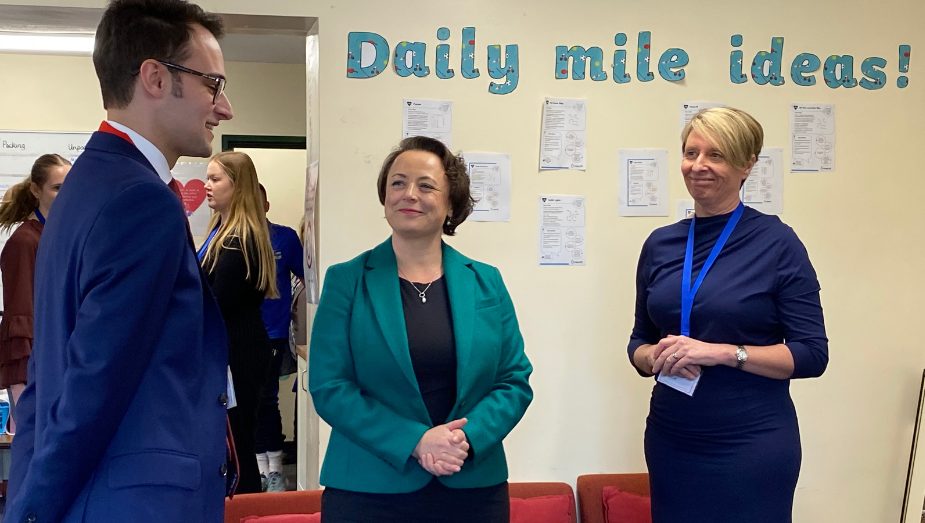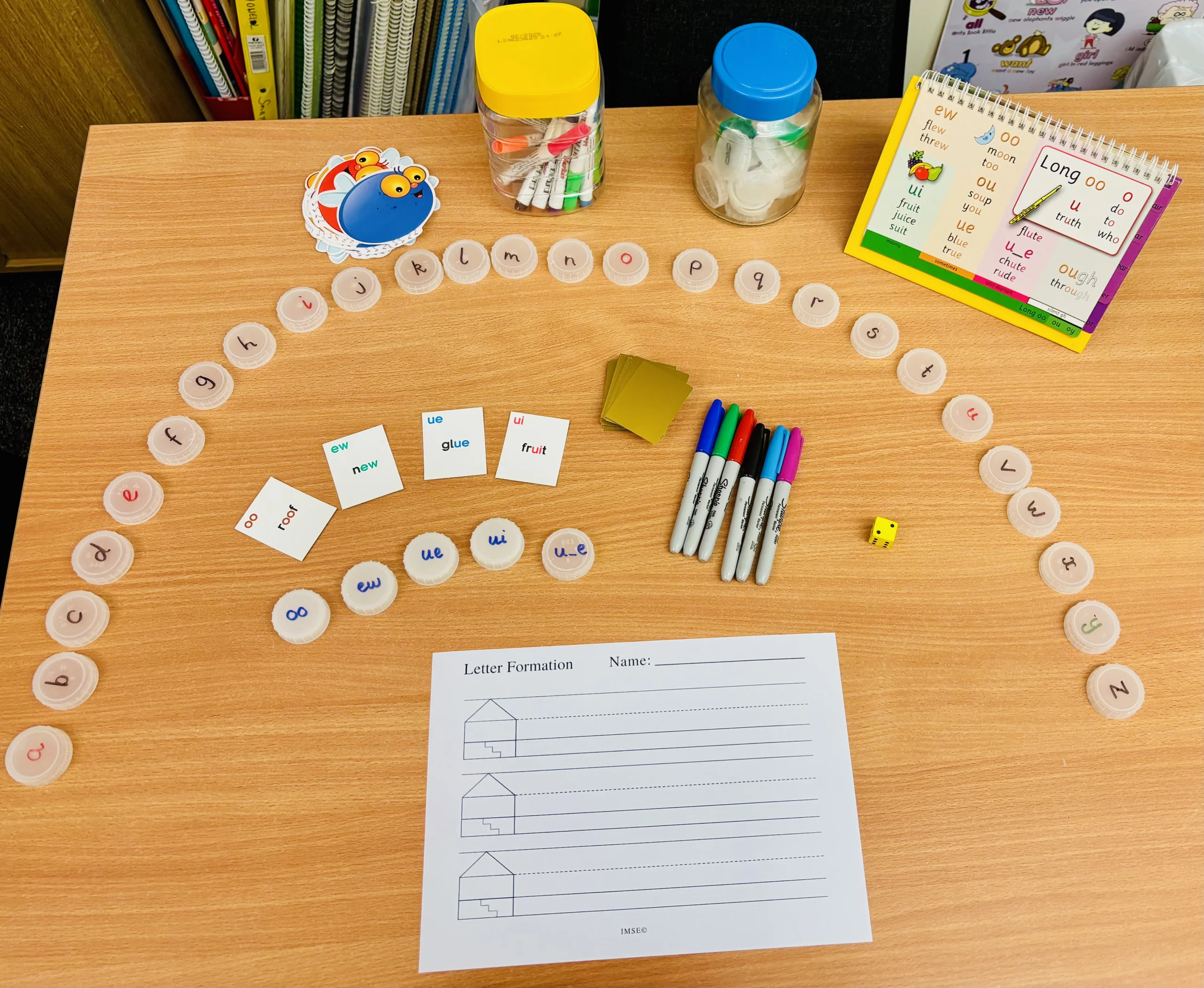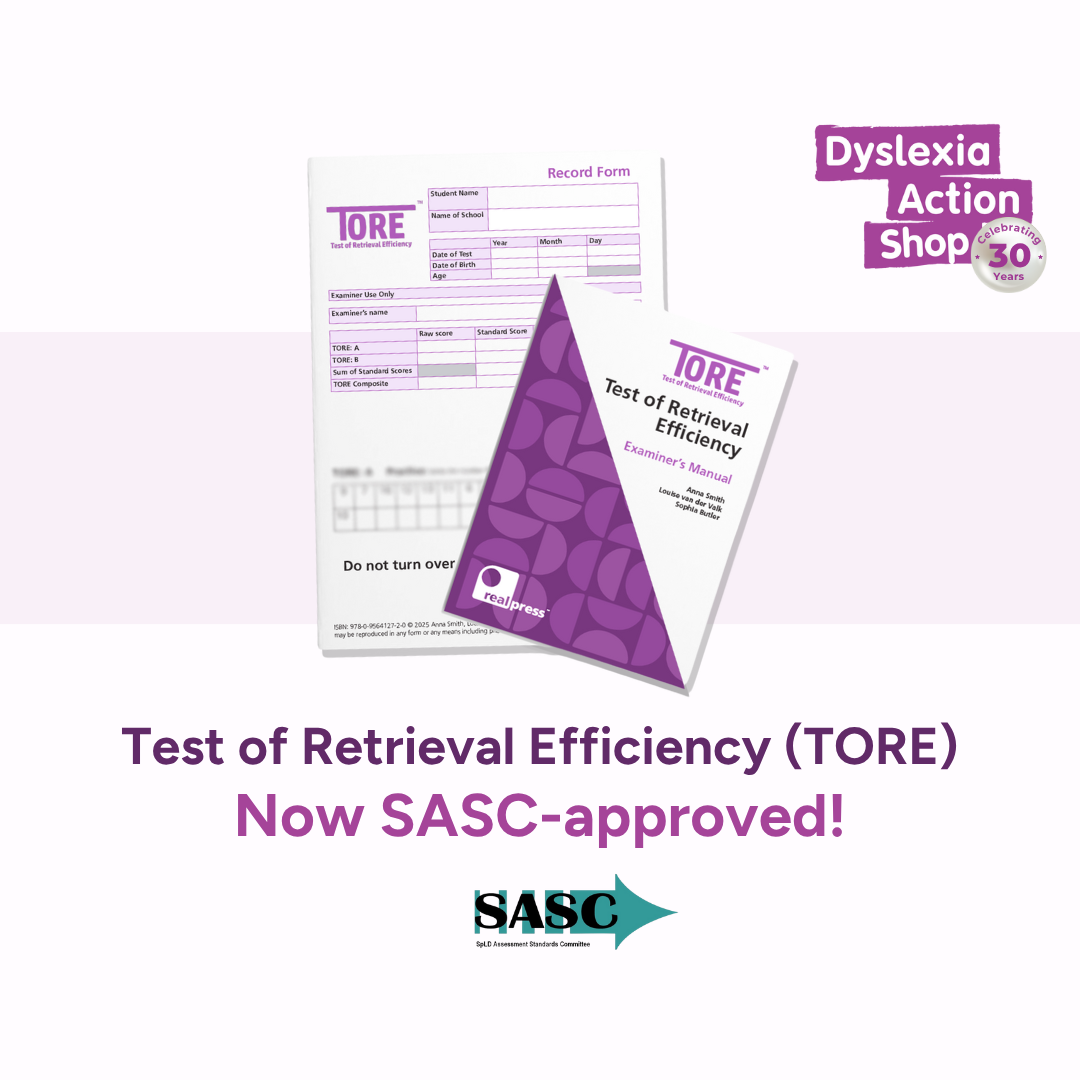Admin |
March 3, 2017
Edward Farrow
On Thursday 23 February, I was thrilled to pop along to the Whole School SEND Summit for a smorgasbord of speeches, panels and roundtable workshops on building a community in SEND provision. Edward Timpson MP (our most recent contributor to The SEND Practitioner) delivered the keynote and set the tone for an edifying day. Post-lunch and post-roundtable workshops, I returned to the lecture hall to see a panel of speakers discuss how to ‘make the invisible visible’. This energetic debate, chaired by Simon Knight, featured a panel of people from across the education sector. At the very heart of this discussion was the need to ‘look outside of the SEN community to learn from the experiences of others’.
During the debate, I was struck by George Fielding’s (chair of the Whizz–Kidz Kidz Board) impassioned introduction and Simon Knight’s (Director of Education at the National Education Trust) forensic response to a parent’s question on the Code of Practice. Why? Because neither George nor the parent hailed from the typical conference complement of senior school leaders and teaching professionals. And this fact is refreshing and pressing and important, because if we are to really make a difference to the lives of those with SEND, then engaging fully with parents and those with SEND in this way will help us to ensure that we are truly ‘school-led and user-informed’.
With this in mind, I have transcribed George’s and Simon’s excellent speeches. If you get a moment, they’re really worth a read.
George Fielding
‘It’s what you do with what you’ve got’
‘Hello, my name is George Fielding, I am the chair of the board of young trustees at Whizz-Kidz, which is the largest organisation representing wheelchair users across the UK and so it is my great, great pleasure to represent them today and hopefully give you some sort of a sense of where I’m coming from and what I think needs to be changed in order to make the education system better and more accommodating for those with SEND.
‘What’s the use of two strong legs if you only run away? What’s the use of the finest voice if you’ve got nothing good to say? What’s the use of two strong arms if all you do is push and shove? What’s the use of two good ears if you can’t hear those you love?
‘That was a verse in a song that I was listening to a week ago called: “It’s what you do with what you’ve got”. And as I was listening to it I was thinking about what I was going to say today. And what those four lines reflected to me was [that] actually either everybody has a disability or nobody does. That I don’t want to sound controversial, but we all thrive in different environments, we all have different talents, abilities, different backgrounds, different experiences, different values, different beliefs and a different culture.
‘Put me on a stage and ask me to sing and dance and I can’t do it. So, I am better than my non-disabled peers in some environments, but I am much worse compared to them in others. That is just human nature, we’re all human beings. And I think that, really, what we have to do (without trying to preach to the crowd) is champion difference. There is one word that I do not like that I hear all the time and it is curriculum.
‘I do not like the word curriculum because the three core subjects that you have: English, maths and science. To me, they all seem to champion some sort of formula, some of structure, some sort of way of doing things. And the message is that if you learn that structure and repeat that structure again and again and again, you’ll always come out with an acceptable answer. You may disagree about English, but what is punctuation for if not to be put in the right place. And I don’t wish to say that to be controversial, but I wish to say – in a sense – that I think that a lot of people, they sit in class, and they don’t think their school/their society fits. They don’t think that their society is accessible or accommodates them.
‘There are four Ls to the education of people with SEND for me. People with SEND can Love, they can Learn and they can Lead. They can Learn because they can move around, they can meet and they can be mobile and they can have their voice heard. By having their voice heard they can Lead and they can be fantastic representatives in society and they can Love too. We have passions, we have desires we are, as I have said, human beings. Play on those emotions, use them, tap into the great swathes of talent that [are] currently untapped in society and you will see a much more colourful, much more vibrant and sustainable society. Because it is through teachers…parents and everyone in this room learning those three Ls, that there’s a fourth – and that is that people with SEN will Learn.
‘The most important point to me is that an education doesn’t have to have happened in a classroom. My education has happened by meeting people, by speaking with people and by voicing my opinion and by campaigning. If we limit education to a classroom and we don’t actually think about what is educational and we don’t use our expertise to help young people with disabilities/SEN transition and be proud of who they are, then we won’t get anywhere.
‘I am a proud wheelchair user, I am a proud Brit and a proud man. There aren’t many people who would say that for fear that in my community they won’t be understood. So thank you for giving me a stage on which to speak on and give up that platform to others too and I will champion you and all that you do in the future. But accept that difference [and] diversity is what makes Britain, is what makes our country, is what makes society liveable. It’s what makes us thrive and sometimes conversations need to start and people need to speak up if we ever want to see change at all. Thank you very much.’
Simon Knight
Responding to a parent’s question about chapter six of the Code of Practice
A parent’s question
‘Do you think that enough is being done about implementing chapter six of the Code of Practice (SEN support in schools’ barriers to learning) – in terms of a shift from IEPs to the graduated approach?… The graduated approach itself is a different way of doing things and I just wonder whether enough support has gone in to schools to actually enable them to see the difference and the shift in thinking that’s required to make that work well.’
Simon’s answer
‘I think that that’s a really important question. I think that it’s one of those ones that probably needs to be dealt with in two different ways. There’s a policy and accountability piece that sits with that and there is a pedagogical and a pragmatic piece that sits with that.
‘So, the accountability structures are such that quite often teachers do not feel particularly compelled to put their hands up and say “I don’t do this very well, I would like to do it better”. And so the nature of performance-related pay, appraisals and Ofsted makes it difficult for people to be truly honest about [what] their professional capabilities are and some of the work that we’ve talked about a little bit here today is about trying to create structures where we can support that. Because the barrier to learning is not always a learning difficulty, sometimes it’s a teaching difficulty, and we need to understand how that relationship works – and we need to be much more honest about that.
‘The other challenge that we’ve got, which is kind of a structural challenge, is the fact that a graduated approach, even a targeted approach is a developmental approach – and yet [has] all of the accountability of the chronological approach. So we talk about having mastery of the curriculum, but we want chronologically determined accountability structures. Those two don’t work. You cannot have a developmentally prescribed curriculum based upon the individual needs of a person and expect them all to be at a certain level by the time that they’re 11. So there’s a real challenge there for school leaders, a real challenge to be able to implement, which I suspect that the vast majority would want to be able to do, which is to focus on meeting the needs of the child. Because, at the moment, what we’re doing is that we’re focusing on meeting the needs of the system. And that system doesn’t actually reflect the needs of the children that they have within it. So that’s part of it.
‘And the other side is the amount of support that teachers are given to actually develop those skills. And so I spend quite a lot of my time working with people who find it quite tough working with kids with SEN. And it basically comes down to confidence and competence, [which] is that nobody’s actually shown how to do it so they don’t think that they can. And actually there isn’t anything special really about what we do in the specialist sector, despite its name, I wish it was something remarkable. It’s just really really good teaching based on really really good evidence that comes from the child rather than some sort of overarching structure.
‘So from two directions: we need to challenge the accountability and policy piece and we need to support and encourage practitioners to be more honest about what they do well and what they need to do better. And where families come into that is that teachers need to be much more confident about using the knowledge that sits within the family unit. Being able to draw that into the classroom so that those barriers to learning are not just being challenged by professionals who perceive themselves as being the fount of all knowledge, but work collaboratively with families who actually have an awful lot [to share] to drive the progress of children much more rapidly when we work in partnership.’





What do you think?